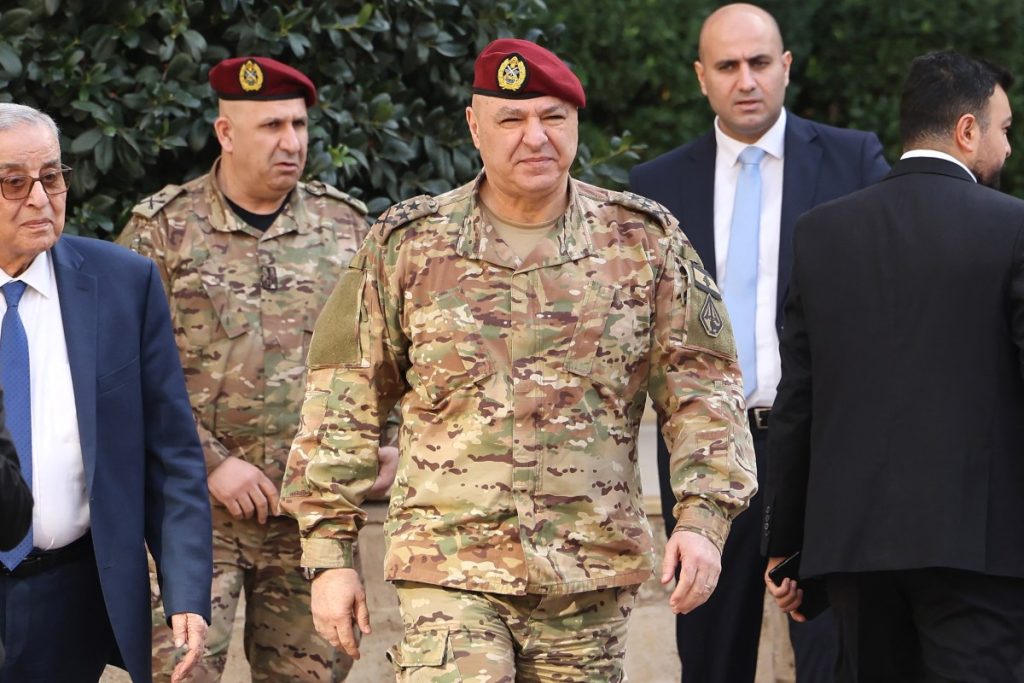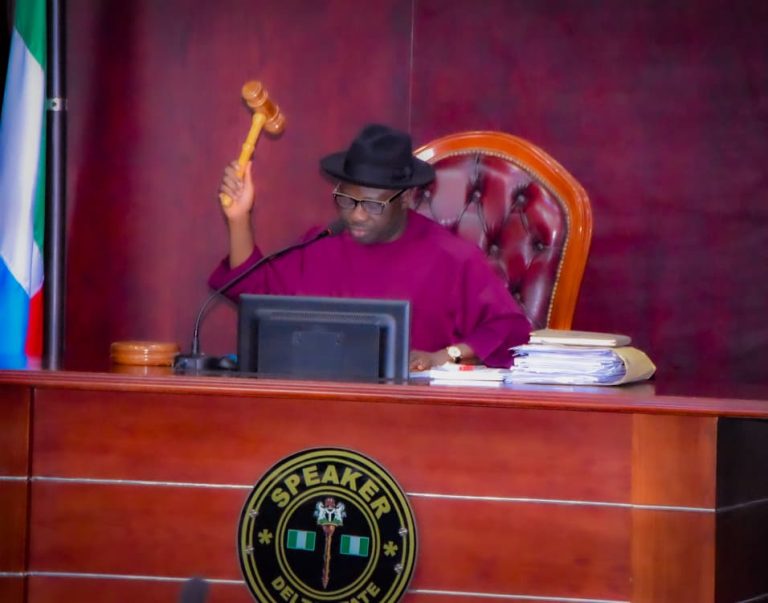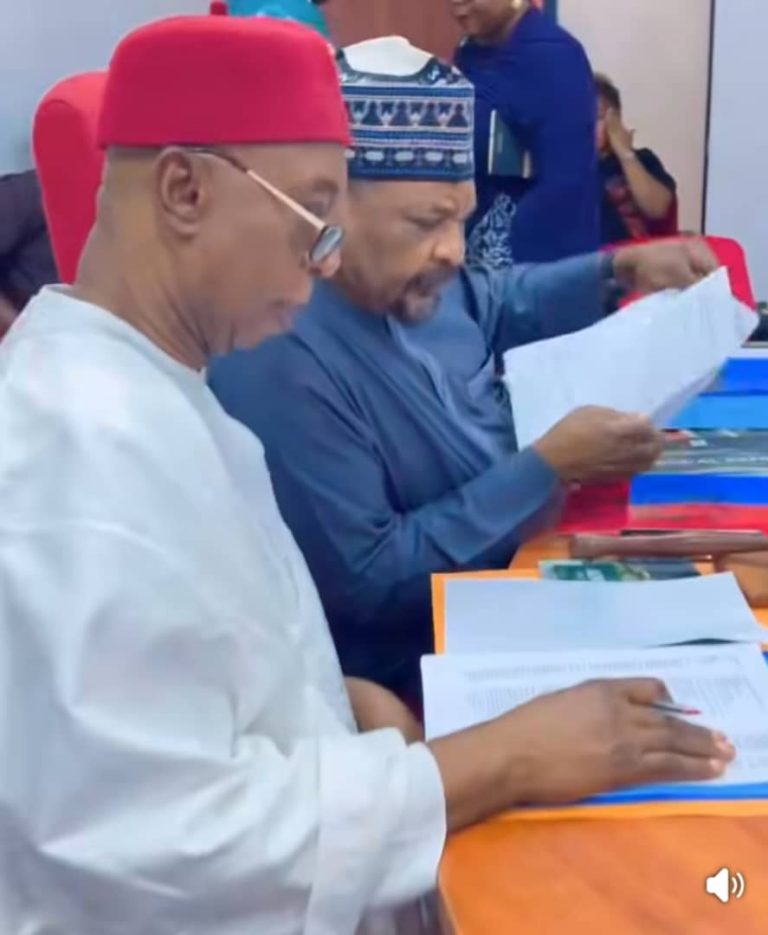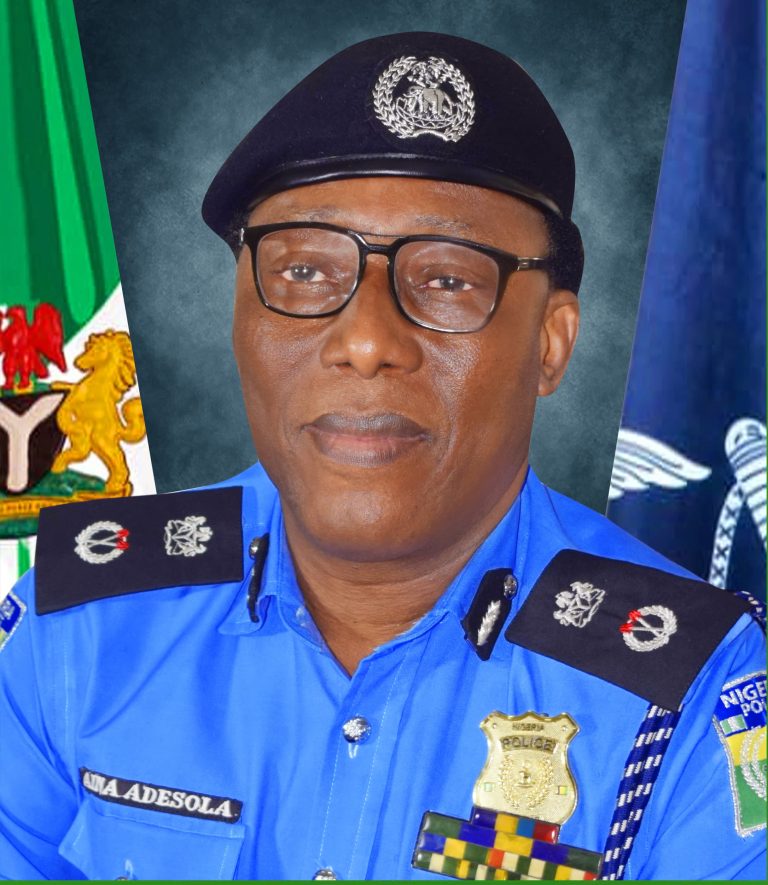
Lebanon’s lawmakers elected army chief Joseph Aoun as president on Thursday, January 9, ending a two-year vacancy in the position in a step towards addressing the country’s severe financial crisis. Aoun, who turns 61 on Friday, arrived at parliament wearing a dark suit and bright blue tie, a departure from his military uniform, and was met with general applause as he took his oath. “A new phase in the history of Lebanon begins today,” he told the chamber.
Supporters celebrated in his home village of Aishiyeh in south Lebanon, where residents gathered from the morning in front of the church adorned with Lebanese flags and his portrait. Parliament Speaker Nabih Berri declared Aoun’s victory after 99 out of 128 lawmakers voted in his favor.
Aoun now faces the immense challenges of overseeing a ceasefire on the Israeli border and appointing a prime minister capable of implementing reforms required by international creditors to rescue Lebanon from its worst economic crisis in history. He becomes Lebanon’s fifth army commander to ascend to the presidency and the fourth in a row. Under Lebanon’s sectarian power-sharing system, the president must be a Maronite Christian, as must military chiefs.
The presidency had been vacant since Michel Aoun, who is unrelated to the new president, left office in October 2022. Tensions between Hezbollah and its opponents had blocked a dozen previous attempts to fill the role. International pressure mounted for a resolution with just 17 days left in a ceasefire agreement requiring the deployment of Lebanese troops alongside UN peacekeepers in southern Lebanon after a conflict between Hezbollah and Israel last autumn.
While the president’s powers have been reduced since Lebanon’s civil war ended in 1990, the role remains critical for leading consultations to appoint a prime minister and form a government capable of implementing necessary economic reforms. Aoun was widely seen as favored by the United States, a key military supporter, as well as Saudi Arabia. However, lawmakers from the pro-Hezbollah bloc abstained in the first round of voting, leaving Aoun short of the two-thirds majority needed. They later met with him during a break before returning for a second round, where he secured enough support to win.
The election drew international attention. Pope Francis expressed hope Lebanon could “possess the necessary institutional stability… to address the grave economic and social situation.” However, some lawmakers objected to what they saw as foreign interference, with a few casting symbolic protest votes for “sovereignty and the constitution,” while others wrote in the names of figures like Saudi envoy Yazid Al Farhan and former U.S. presidential candidate Bernie Sanders.
‘
Critics have previously accused Hezbollah and its allies of obstructing presidential votes, but the group’s influence has weakened after suffering heavy losses in its conflict with Israel last year, including the reported death of its leader Hassan Nasrallah in an airstrike. In Syria, Hezbollah lost another ally after the recent toppling of President Bashar al-Assad by rebel forces. Lebanon’s economy has suffered more than $5 billion in losses due to the Hezbollah-Israel conflict, with additional structural damage amounting to billions, according to the World Bank.



